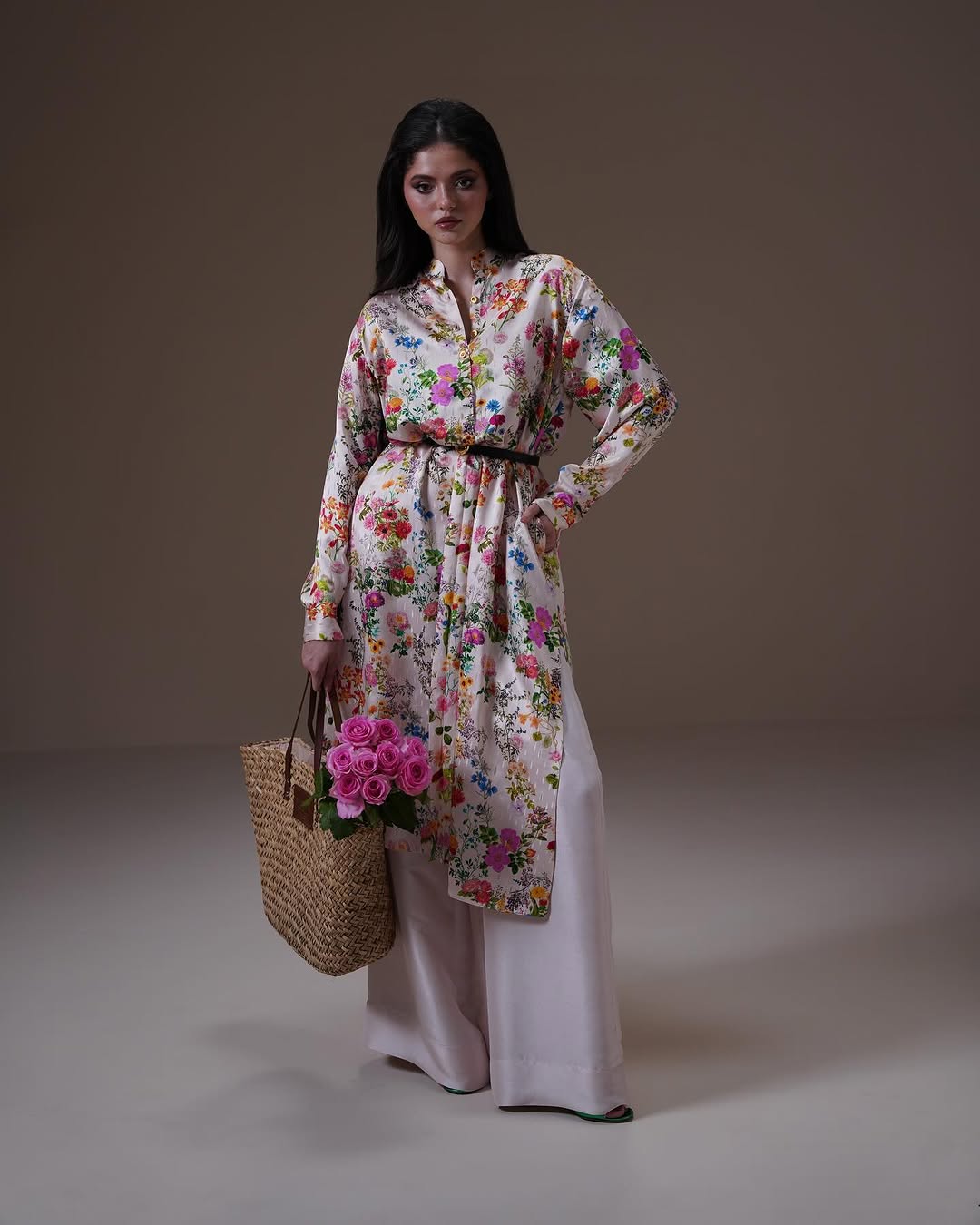Website Orders Placed After February 25th, 2025 will not be delivered before Eid.
- Signin
- Create Account

Luxury fashion is no longer just about Western styles. As the world becomes more connected, different cultures are influencing high-end fashion. Traditional skills and local materials are now an important part of luxury. These cultural elements are changing how luxury looks and feels worldwide.
Today, diversity plays a big role in defining luxury. Expensive brands are becoming more inclusive and meaningful for people everywhere. Shoppers now prefer real and unique products, valuing handmade items with history. This trend shows that cultural identity is becoming more important in the luxury market.
Luxury brands are using cultural elements to stay relevant. Traditional techniques like weaving, embroidery, and dyeing from Asia, Africa, and Latin America are now part of high-end fashion. These unique details make luxury designs more special and exclusive.
Many brands are working with local artisans to create limited-edition products. These designs honor traditional skills and add value to luxury fashion. This also promotes sustainable practices in the industry. Mixing cultural art with modern design helps brands stand out.
Handmade luxury items with cultural roots are becoming more popular. Indian embroidery, Italian leatherwork, and Japanese indigo dyeing show how old traditions still shape modern luxury. These methods make every item feel rare and valuable.
Luxury brands use these regional skills to attract buyers who appreciate craftsmanship and history. By working with skilled artisans, brands improve their reputation and stand out in a crowded market. This approach meets the growing demand for meaningful and ethical luxury.
Luxury brands are now designing products that match local preferences while still appealing to global buyers. In Asia, people like simple and elegant styles, while in the Middle East, bold and rich designs are more popular. Understanding these differences helps brands connect with different regions.
Many brands now create special collections for different areas. This way, their products reflect local culture and needs. This trend proves that cultural knowledge is key to success in the luxury market.
People care more about how their luxury products are made. So brands are using eco-friendly materials like organic silk from India, sustainable leather from Italy and handwoven fabrics from Africa. This shows high end fashion is moving towards responsible and ethical production.
Working with local artisans means fair wages and keeping traditional skills alive. Many luxury brands are now supporting slow fashion which is quality over mass production. This connects cultural heritage with sustainability and makes luxury fashion more ethical.
Social media and online platforms have taken cultural luxury global. Fashion influencers and celebrities are promoting these designs and making them demand worldwide. The internet has made it easier for everyone to discover and buy culturally inspired luxury.
E-commerce allows brands to tell the story behind their products and connect directly with the customer. Online platforms allow people to appreciate regional luxury on a global scale. This digital growth makes cultural fashion more accessible to all.
Globalization has turned luxury fashion on its head by putting cultural influences front and centre. Handmade fabrics and local designs add value to high end fashion. This has changed the meaning of luxury and authenticity and heritage are more important than ever.
As brands continue to embrace cultural influences, luxury fashion will celebrate artistic traditions from around the world. This will be more inclusive and support a more ethical fashion industry. The future of luxury will be more diverse, meaningful and connected to global cultures.
Ground Floor, Business Center, Sharjah Publishing City Free Zone, Sharjah, UAE
+92 300 849 4871 | +971 54 762 3519
customercare@museluxe.com